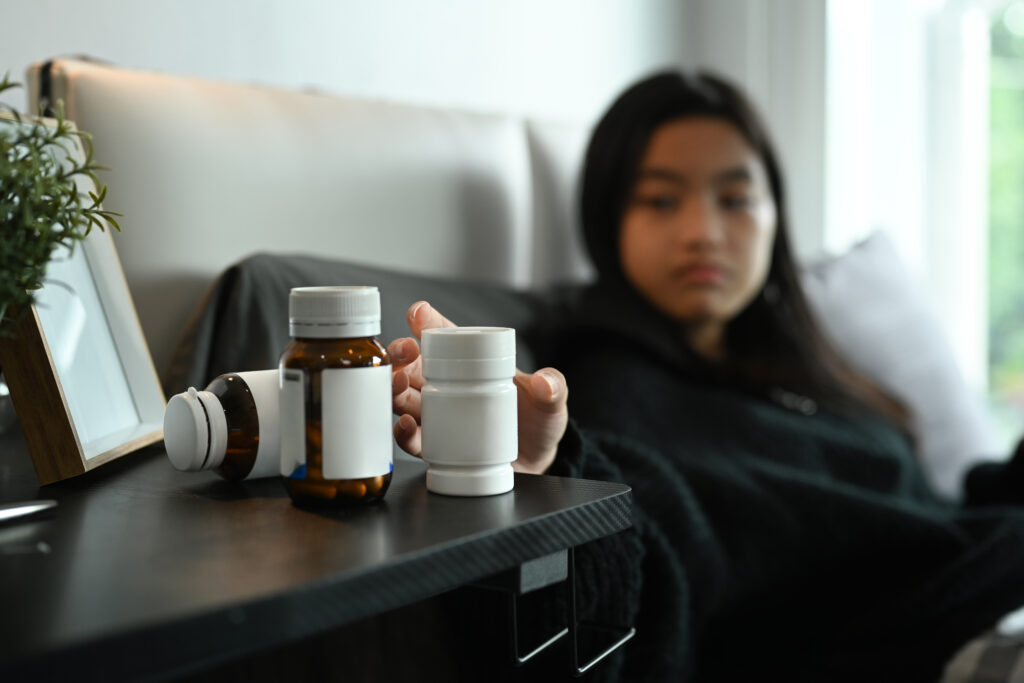In an age where information is readily accessible, many individuals turn to self-medication to manage their mental health symptoms. This practice, however, poses significant risks and can lead to severe consequences. Understanding the dangers of self-medicating for mental health issues is crucial for ensuring safe and effective treatment.
The Risks of Self-Medication

Inaccurate Diagnosis
Mental health conditions are complex and often require a thorough evaluation by a qualified professional to diagnose accurately. When individuals self-diagnose, they may misinterpret their symptoms, leading to incorrect or incomplete treatment. For instance, symptoms of anxiety might be confused with those of hyperthyroidism or another medical condition.
Improper Medication Use
Medications for mental health conditions, such as antidepressants, antipsychotics, and mood stabilizers, require careful dosage and monitoring. Self-medicating often leads to improper use, including incorrect dosages or combining medications that can cause harmful interactions. This can result in ineffective treatment, exacerbation of symptoms, or dangerous side effects.
Dependency and Substance Abuse
One of the most significant dangers of self-medication is the potential for dependency and substance abuse. Many people turn to alcohol, recreational drugs, or prescription medications to self-soothe or manage their symptoms. Over time, this can lead to addiction, which further complicates mental health issues and requires additional treatment.
Why Professional Guidance is Essential
Comprehensive Evaluation
Mental health professionals provide a comprehensive evaluation that considers your physical health, mental health history, and current symptoms. This thorough approach ensures an accurate diagnosis and an effective treatment plan tailored to your specific needs.
Safe and Effective Treatment Plans
Professionals prescribe medications based on clinical evidence and individual needs, ensuring that the chosen treatment is safe and effective. They monitor your progress, adjust dosages as necessary, and manage any side effects, which is crucial for the safe use of psychiatric medications.
Integrated Care
Mental health treatment often requires a multifaceted approach, including medication, therapy, and lifestyle changes. Professionals can coordinate this integrated care, ensuring that all aspects of your treatment work together harmoniously. This holistic approach addresses not just the symptoms but also the underlying causes of mental health issues.
Preventing Relapse and Managing Crises
Professional guidance is vital for preventing relapse and managing crises. Regular follow-ups with a mental health provider allow for the early detection of any signs of relapse or worsening symptoms. Additionally, professionals can provide immediate support during a mental health crisis, offering interventions that self-medication cannot match.
The Importance of Seeking Help
If you’re experiencing mental health issues, it’s essential to seek help from a qualified professional. Mental health providers can offer the support, expertise, and resources necessary to manage your condition safely and effectively. Remember, self-medicating can often do more harm than good, leading to unnecessary complications and delayed recovery.
Conclusion
Self-medication for mental health conditions is a risky practice that can lead to serious consequences. Accurate diagnosis, safe medication use, and integrated care are critical components of effective mental health treatment that only a professional can provide. If you or someone you know is struggling with mental health issues, reach out to a mental health professional for the help and support needed for a safe and successful recovery.


